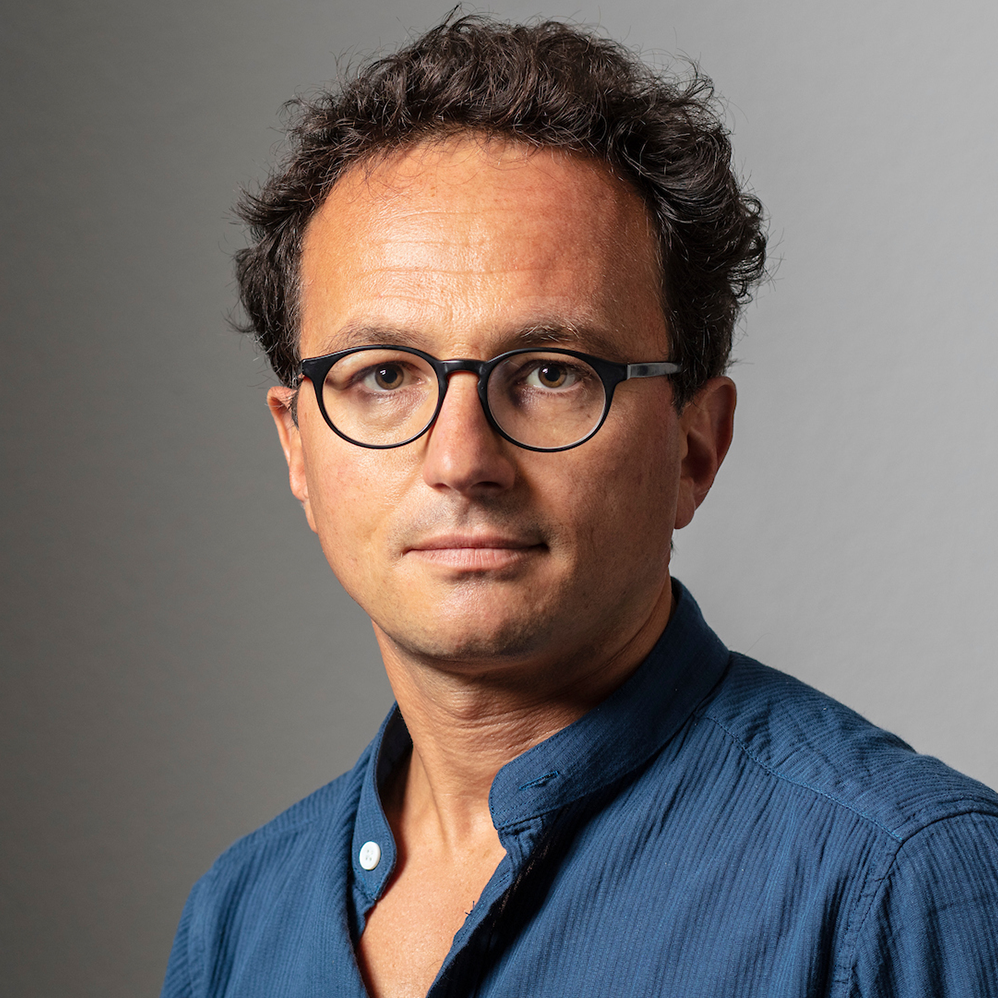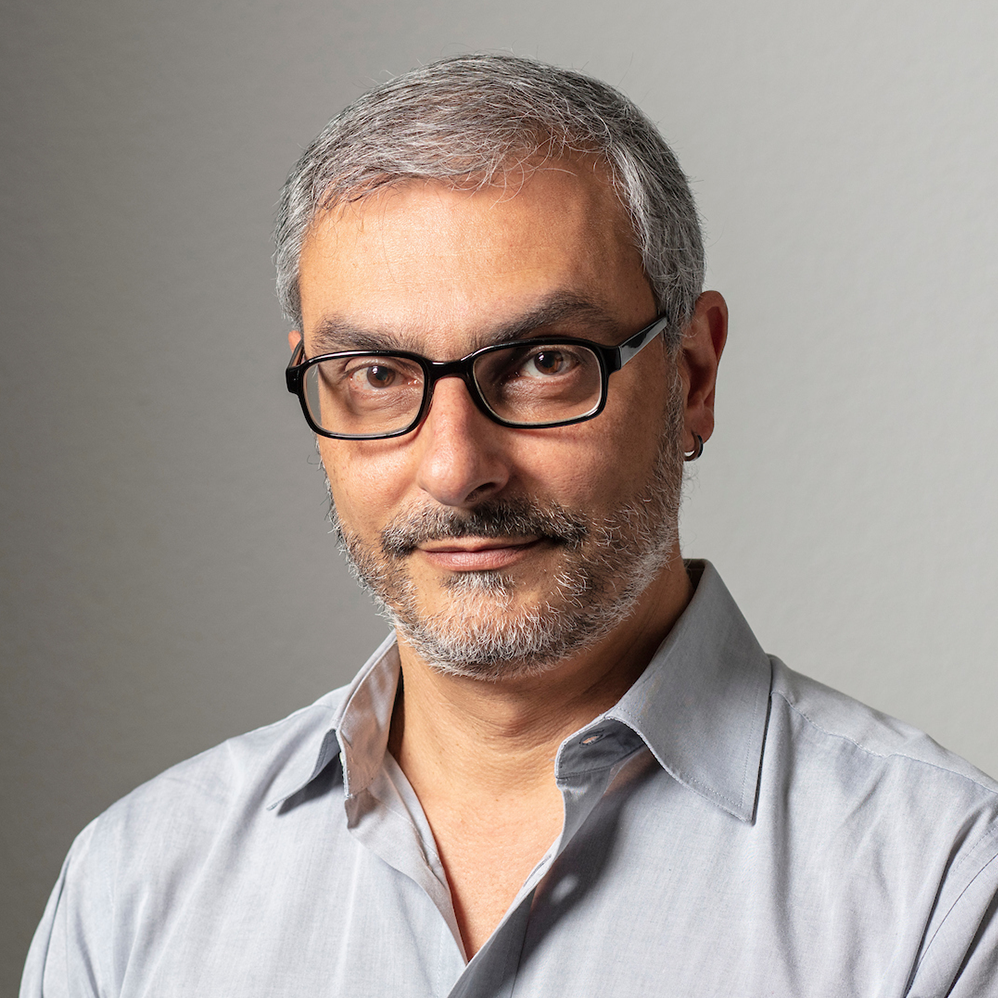Lisbon’s outcasts take centre stage in groundbreaking Swiss film

Filmed in the poverty-ridden Reboleira district of Lisbon with a non-professional cast, Basil da Cunha’s second feature O Fim do Mundo is an impressive example of a generational shift in Swiss cinema, an injection of vitality brought by filmmakers with immigrant backgrounds. After a series of delays due to the coronavirus pandemic, it premiered in the German-speaking part of Switzerland.
O Fim do Mundo (The World’s End) was the only Swiss production included in last year’s Locarno Film Festival main competition. Its most obvious references are Spike Lee’s Do the right thing (USA, 1989), John Singleton’s Boyz in the Hood (USA 1991), or La Haine (France, 1995): films centred in the lack of perspectives of the youth stranded in the periphery of society, looking for a way out.
Its Swissness is all behind the camera. For the director Basil da Cunha, the film is part of a long-term project he started to devise when he moved to Reboleira in 2009, in between his cinema studies in Geneva, where he finished his first long feature, Até ver a luz (Until I see the light). “I didn’t end up in Reboleira with a plan then,” he told swissinfo.ch in Locarno. “I was a cash-strapped student looking for a place to live, and that was the only place I could afford to rent in Lisbon.”
It didn’t take him long to integrate into the community. “Reboleira is like a small village, everyone knows everybody else,” he recalled. “Thanks to rap music – there are a lot of rappers there – I became friends with the young folks, and familiarised with their problems”.
These problems are common to all disenfranchised communities all over the world: drugs, teenage pregnancy, gang fights, but in “O Fim do Mundo” there is another, faceless, threat: the real estate speculators who are little by little dismantling the poor, but vibrant Reboleira community.
Da Cunha began writing a story that could be performed by his then adolescent friends, but reality surpassed his initial plans. The main character, Spira, can be hardly distinguished from the real-life Spira (Michael Spencer), who spent eight years of his adolescence in a reformatory because of some petty crime. The final script starts with Spira’s return to Reboleira, a kid who had already lost his innocence.
Together with Spira, all the other non-professional actors play their own real selves, and this closeness to the Reboleira human dynamics confer an outstanding dramatic effect. This nucleus roaming around da Cunha had already taken part in other self-produced short films, and the high profile enjoyed by the film in Switzerland and abroad gave da Cunha a renewed impulse to continue working with the Reboleira crew.
“Each life there is worth a film, so I could say that I have at least some 40 potential stories to develop”, he said.
A natural in both worlds
Da Cunha’s dual nationality, Swiss and Portuguese, is not a source of any identity crisis, on the contrary. He feels at ease in Switzerland and in Portugal, and in both settings, his life has always been marked by a cultural blend.
He grew up among immigrants in Morges, in the French-speaking Swiss Canton Vaud. In Reboleira, the majority of the population are or descend from immigrants from the Portuguese former colonies in Africa (Angola, Mozambique, Guinea-Bissau, and especially from Cape Verde).
They represent a layer of Portuguese society that only recently has begun to appear on the local screens. It was also strongly present in Pedro Costa’s Vitalina Varela, the first Portuguese film to receive the Pardo d’Oro or Golden Leopard, the main prize in Locarno, in 2019. (It was also spoken in a mixture of Portuguese and Cape-Verdean creole)
These outcasts of Portuguese society, segregated not only economically but along racial lines, still have a hard time to be accepted as part of the same country, as da Cunha explains in this video interview:

In compliance with the JTI standards
More: SWI swissinfo.ch certified by the Journalism Trust Initiative










You can find an overview of ongoing debates with our journalists here . Please join us!
If you want to start a conversation about a topic raised in this article or want to report factual errors, email us at english@swissinfo.ch.